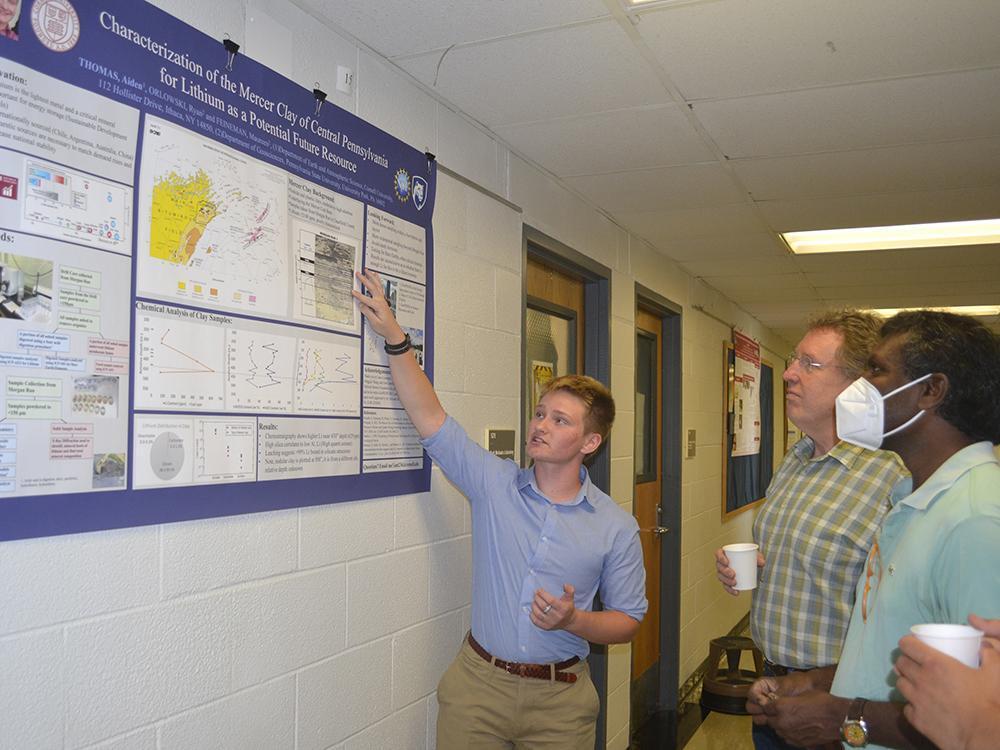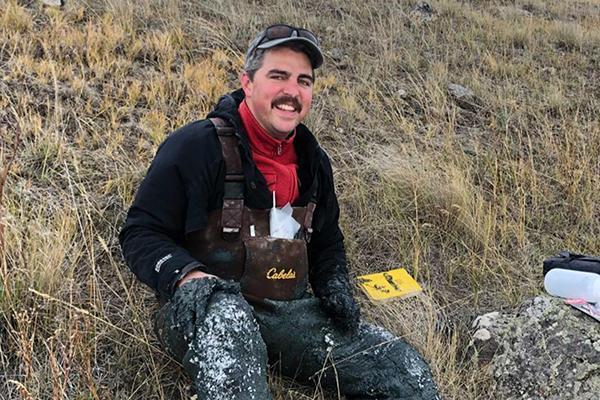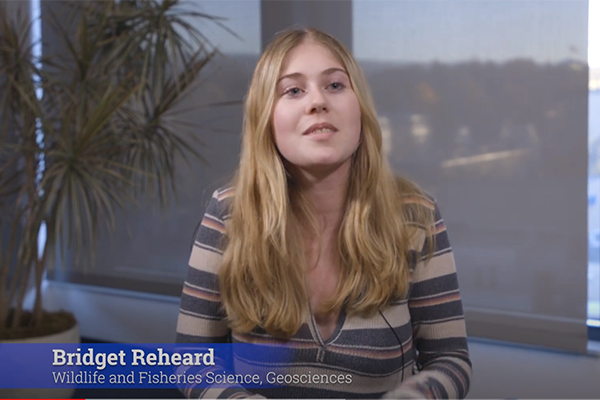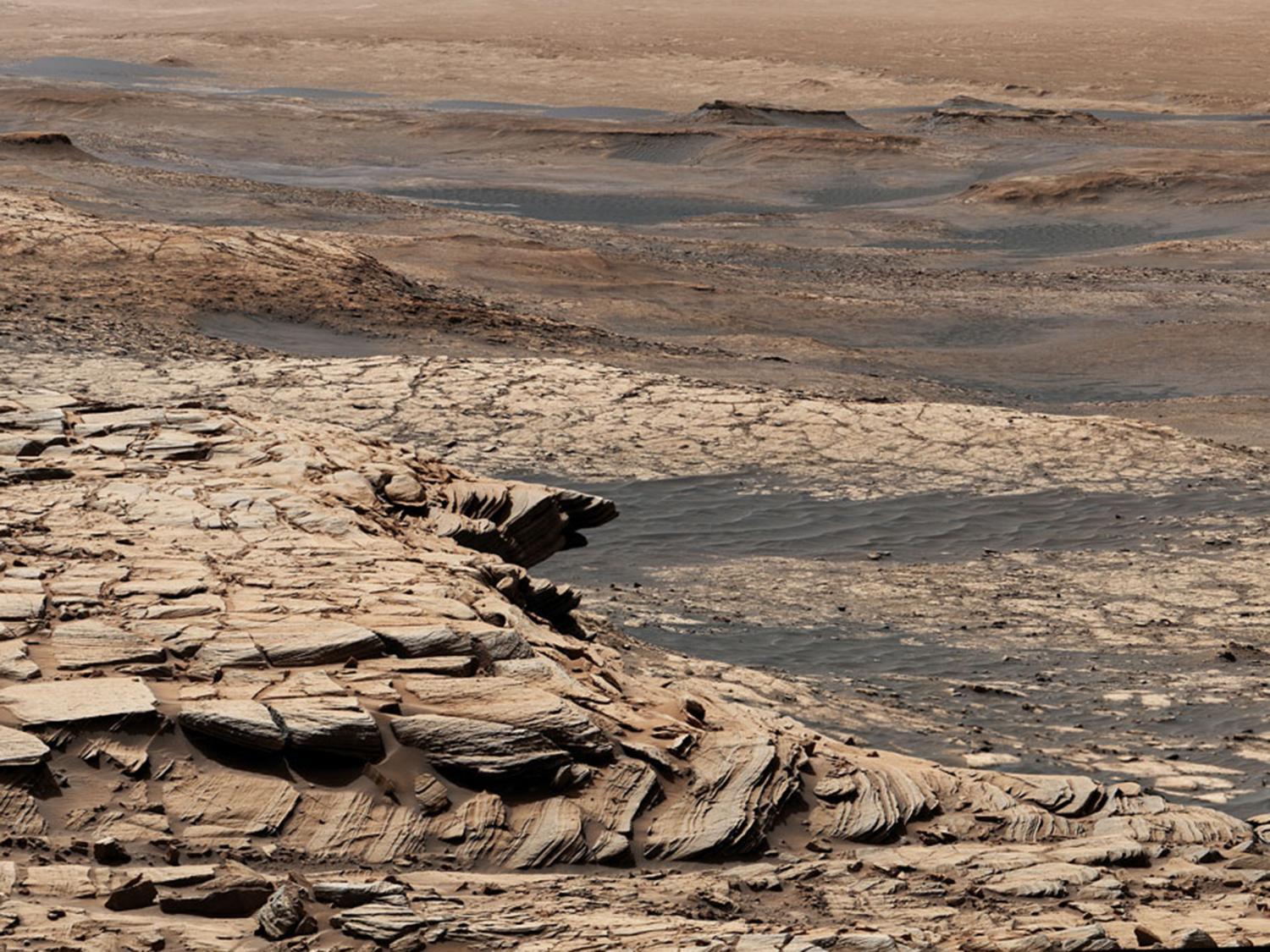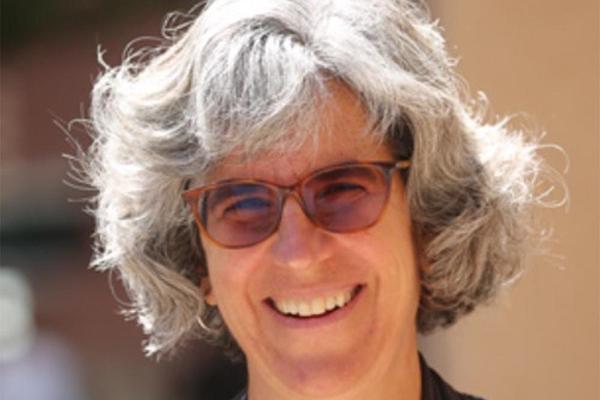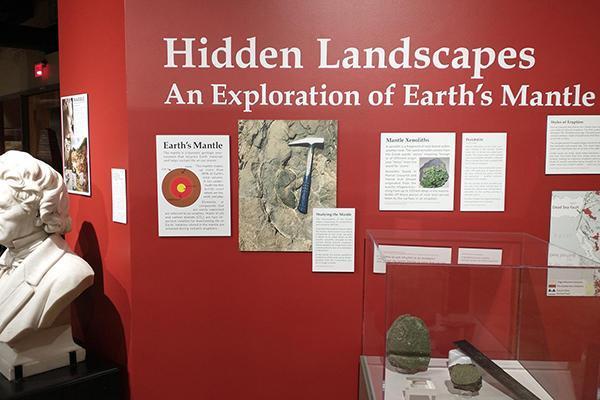The geosciences fields are at a turning point, where the jobs of the next 50 years are likely to be quite different from the jobs of the last 50 years. As the world’s dependence on energy increases, it is becoming increasingly clear that the ways in which those energy needs must be met are changing.
In the late 1940s, a budding electrical engineer named Hu Barnes spent the summer working with General Radio Company. In a time before the widespread use of computers, he watched as doctoral students toiled over drafting tables.
This fall, NASA’s Curiosity rover reached new heights.
David Flores says he works off the common wisdom that you’re made up from the average of the five people closest to you.
Although high school was not his favorite place as a teenager, Penn State alumnus Jordan Chapman quickly realized just how important higher education was for students who look like him.
Two Penn State researchers received a $1.5 million grant from the National Science Foundation through the Belmont Forum to study actual and perceived impacts of land abandonment on the sustainability of soil and water resources.
A recently released set of topography maps provides new evidence for an ancient northern ocean on Mars. The maps offer the strongest case yet that the planet once experienced sea-level rise consistent with an extended warm and wet climate, not the harsh, frozen landscape that exists today.
Dani Buchheister, a doctoral student in geobiology and astrobiology, is among Penn State’s 21 new National Science Foundation Graduate Research Fellowship Program recipients — six in the College of Earth and Mineral Sciences — for the 2022-23 academic year.
The fall 2022 Celebrating Women in Energy and Water Research seminar series continues on Thursday, Oct. 13, with two seminars by Susan Altman, deputy to the Energy and Homeland Security Portfolio at Sandia National Laboratories, a Department of Energy national lab.
While examining thin sections of rocks in a microscope, Angelina Santamaria saw both research and art.


